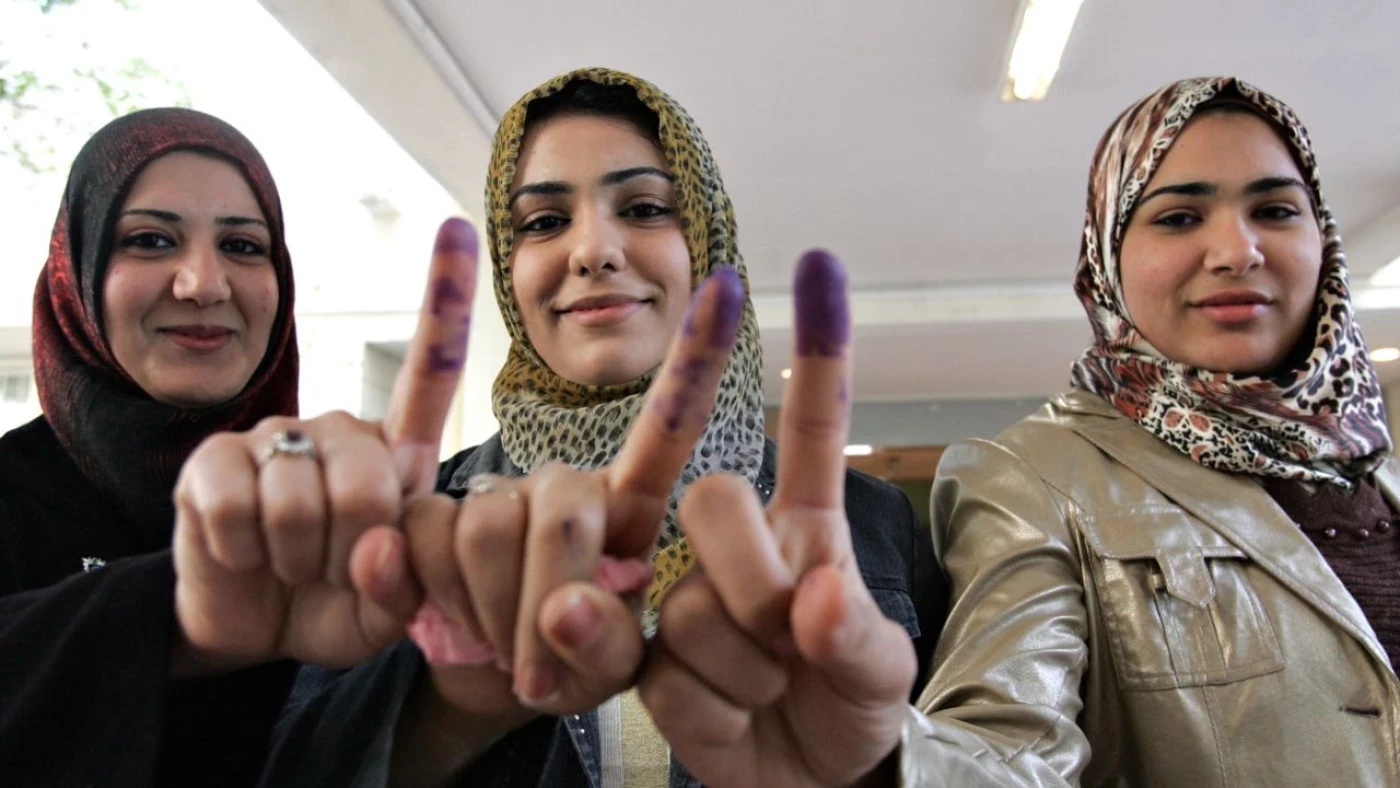ERBIL, Kurdistan Region of Iraq - Iraq’s Independent High Electoral Commission (IHEC) has once again warned citizens that selling or buying biometric voter cards ahead of the country's parliamentary elections is useless, since voters must confirm their identity in person on election day.
Muhannad al-Sarraf, a member of the commission’s media team, told The New Region on Wednesday that voters must go to the polling station on election day and confirm their identity through fingerprint and facial recognition systems before casting their ballots.
“This is done by installing cameras to verify the voter’s face through the devices used in the polling centers,” Sarraf said. “This ensures that the person holding the card is its rightful owner.”
Parliamentary elections are scheduled to take place on November 11, 2025, to elect members of Iraq’s sixth parliament.
The commission had previously warned against attempts to buy or sell biometric voter cards, threatening serious penalties against violators. These penalties include disqualifying individual candidates, political alliances, or entire parties proven to be involved in such actions.
In a statement, the Board of Commissioners said that the IHEC is taking all necessary steps to protect the election process and stop violations that may affect its fairness.
“The sale or purchase of biometric voter cards, or even attempting to do so, along with using state resources for election purposes, are considered crimes under the law,” the statement read. “This applies to voters, candidates, political alliances, and parties.”
The statement also reaffirmed that the commission would take strong legal action against those who violate the electoral rules.
The usage of facial recognition technology seeks to address the fingerprint registering issues seen in previous elections, an IHEC official told The New Region in May.
Issues with digital fingerprint registration were a common theme in previous polls, especially among older voters and those with corroded fingertips who had lost the grooves in their fingertips, requiring multiple attempts to get a reading or completely failing to get one in certain cases.


 Facebook
Facebook
 LinkedIn
LinkedIn
 Telegram
Telegram
 X
X



